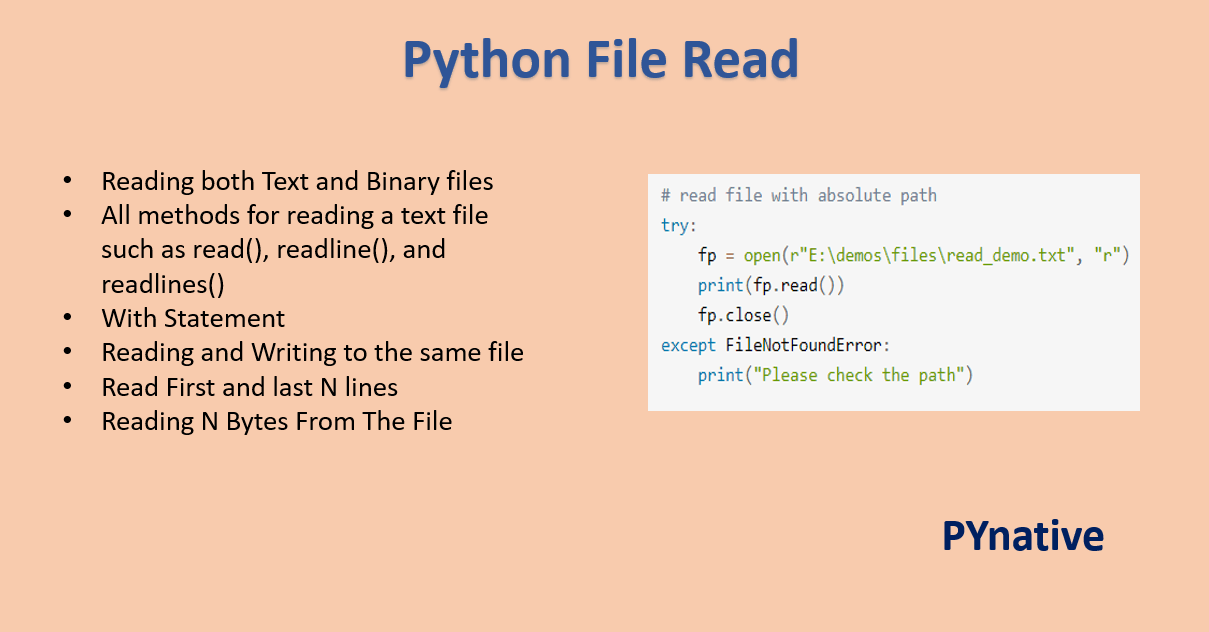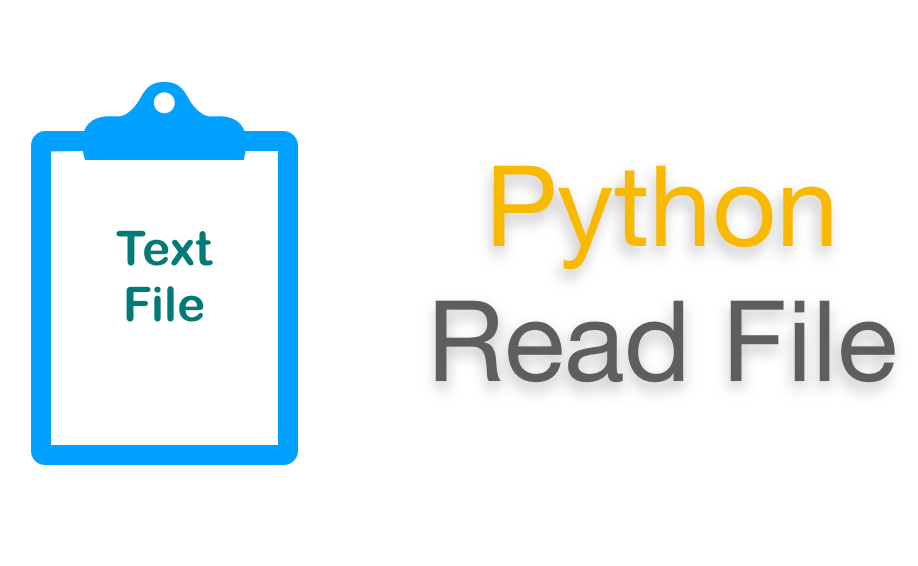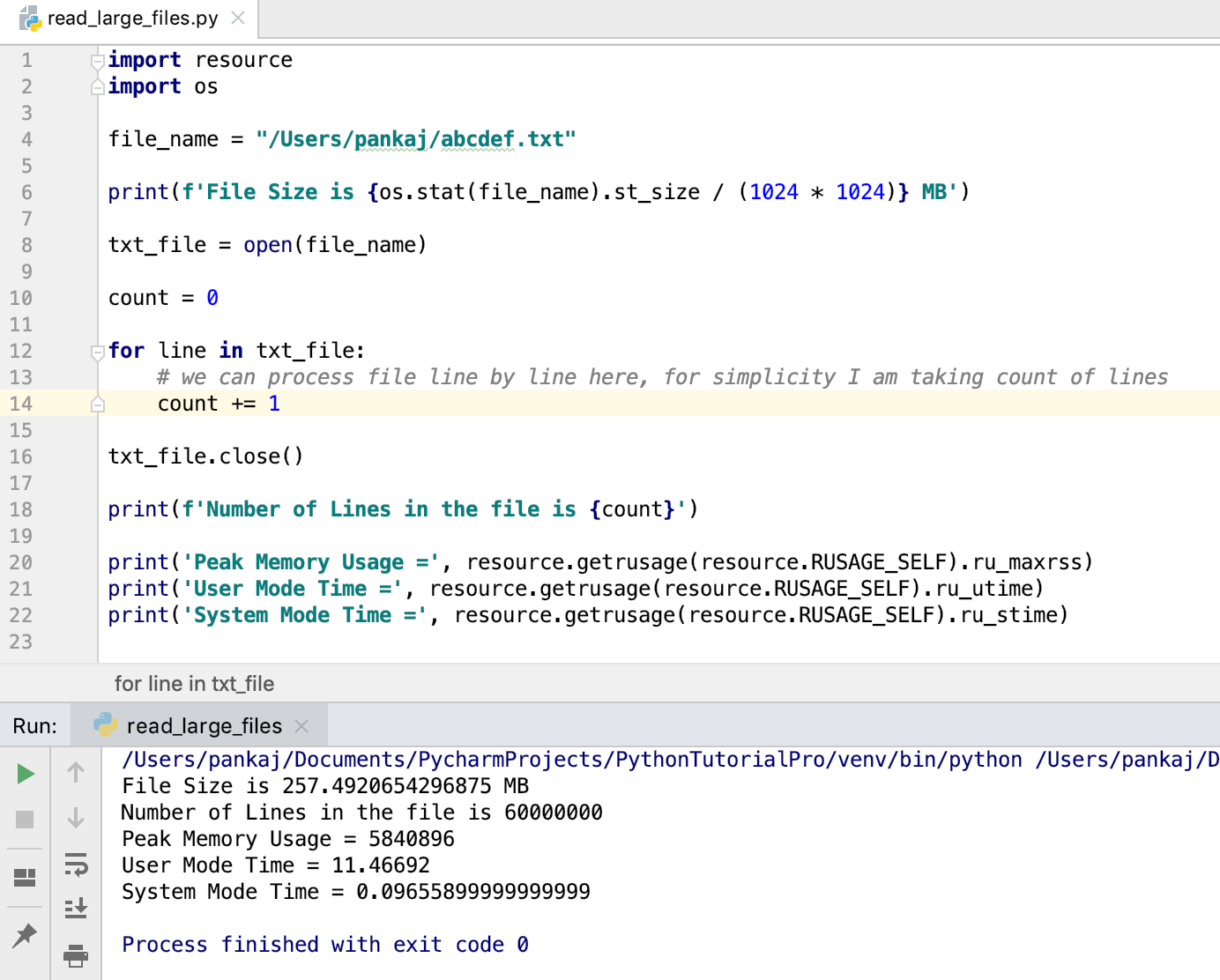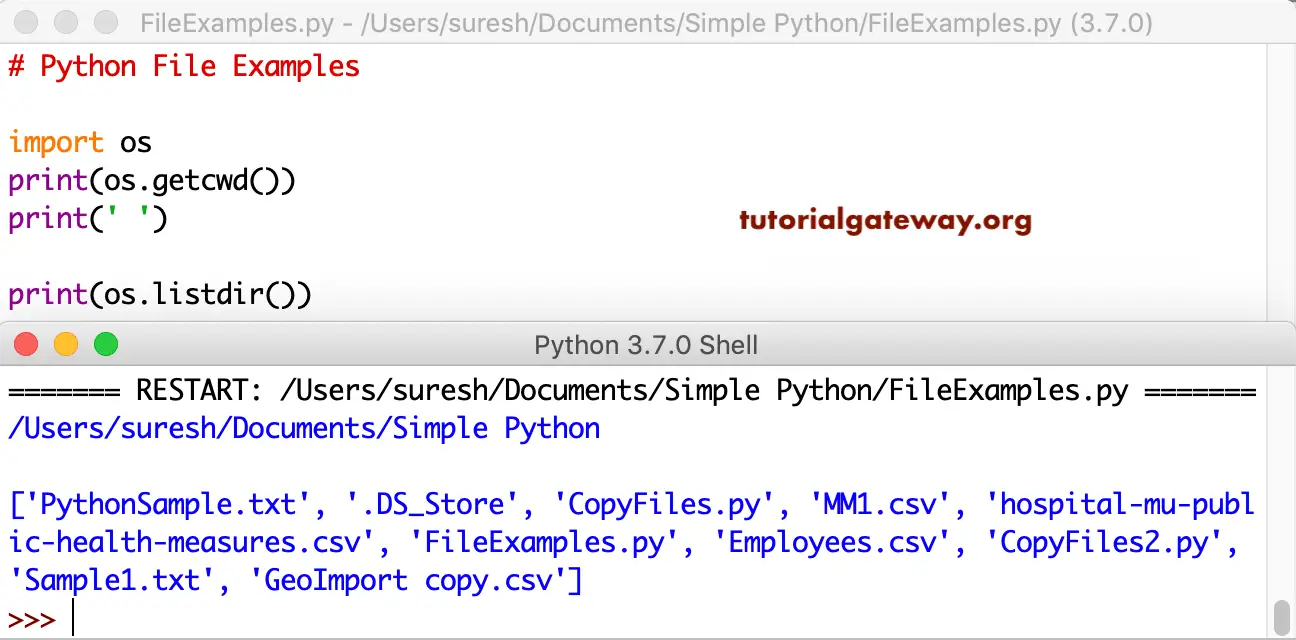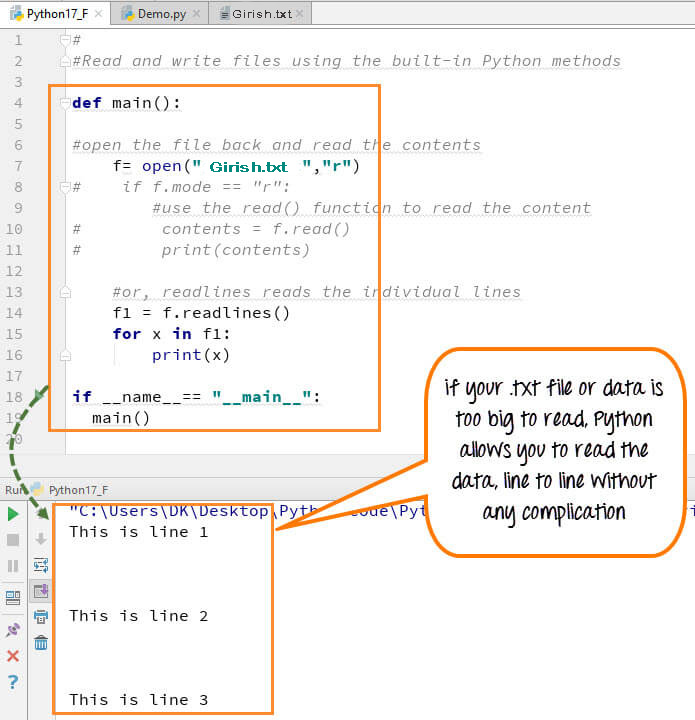Python Read File Contents Into String
Python Read File Contents Into String - In this tutorial, you’ll learn how to use context managers to safely and efficiently handle opening files. F = open (details.txt,r) print (f.read ()) we are searching for the file in our storage and opening it.then we are reading it with the help of read () function. Web text_file.readlines () returns a list of strings containing the lines in the file. The file folder location on the file system where subsequent folders are separated by a forward slash / (unix) or backslash \ (windows) file name: Reading data for algorithm training and testing, reading files to create generative art, reporting, and reading configuration files. Append the read content to an existing string. Reads n bytes, if no n specified, reads the entire file. Web the text file i created for this tutorial is called details.txt and it looks something like this: Web 1 if you really need a stringio (likely the file object will do), just do stream.write (open (filename).read ()). Store the resulting string in a variable;
Web reading from a file. Append the read content to an existing string. Reading data for algorithm training and testing, reading files to create generative art, reporting, and reading configuration files. Learning how to safely open, read, and close text files is an important skill to learn as you begin working with different types of files. How to easily read files in python (text, csv, json) reading files with python files are everywhere: Reads a line of the file and returns in form of a string.for specified n, reads at most n bytes. Web w3schools offers free online tutorials, references and exercises in all the major languages of the web. Web to read a file’s contents, call f.read(size), which reads some quantity of data and returns it as a string (in text mode) or bytes object (in binary mode). Web the file path is a string that represents the location of a file. Web text_file.readlines () returns a list of strings containing the lines in the file.
Reads a line of the file and returns in form of a string.for specified n, reads. The lines may include a new. Call read () method on the file object. Open () function returns a file object. [ { firstname:john, lastname:doe }, { firstname:anna ]. Open the file using the open() function; Web april 18, 2022 tutorial: F = open (details.txt,r) print (f.read ()) we are searching for the file in our storage and opening it.then we are reading it with the help of read () function. Reads n bytes, if no n specified, reads the entire file. Save the file with name example.py and run it.
Reading Files in Python PYnative
Reads a line of the file and returns in form of a string.for specified n, reads at most n bytes. The lines may include a new. In this tutorial you will learn: Web 1 if you really need a stringio (likely the file object will do), just do stream.write (open (filename).read ()). Append the read content to an existing string.
Python Read File Python File Open (Text File example) EyeHunts
Web the file path is a string that represents the location of a file. How to easily read files in python (text, csv, json) reading files with python files are everywhere: Web april 18, 2022 tutorial: There are three ways to read data from a text file. Reads n bytes, if no n specified, reads the entire file.
Python Read File Tutorial PythonTect
On computers, mobile devices, and across the cloud. Web to read a file’s contents, call f.read(size), which reads some quantity of data and returns it as a string (in text mode) or bytes object (in binary mode). Web the file path is a string that represents the location of a file. Close the file by calling close () method on..
How to Read Large Text Files in Python DigitalOcean
[ { firstname:john, lastname:doe }, { firstname:anna ]. Web reading from a file. To read this file, follow the code below. Reads a line of the file and returns in form of a string.for specified n, reads. Open the file using the open() function;
Python File Input Read Version 1 YouTube
Web how do i read a text file into a string variable in python starting at the second line? Web reading multiple text files in a directory. If you want only a string, not a list of the lines, use text_file.read () instead. Web the file path is a string that represents the location of a file. Web some applications.
Python File Handling Create, Open, Append, Read, Write Python
Reads n bytes, if no n specified, reads the entire file. If 'blabla' in f.read (): Web 1 if you really need a stringio (likely the file object will do), just do stream.write (open (filename).read ()). Then we’ll use the file io wrapper read () method to write the file content into a string. Learning how to safely open, read,.
√99以上 line break in python output 227297Line break in python output
Reads a line of the file and returns in form of a string.for specified n, reads at most n bytes. Web reading multiple text files in a directory. Reads n bytes, if no n specified, reads the entire file. Then we’ll use the file io wrapper read () method to write the file content into a string. Web how do.
Python File
Web some applications for file manipulation in python include: Returns the read bytes in form of a string. Use the replace() method to replace any newline characters; Web 1 if you really need a stringio (likely the file object will do), just do stream.write (open (filename).read ()). In this tutorial you will learn:
Python File Handling
Web w3schools offers free online tutorials, references and exercises in all the major languages of the web. Web reading from a file. Web 1 if you really need a stringio (likely the file object will do), just do stream.write (open (filename).read ()). Web text_file.readlines () returns a list of strings containing the lines in the file. To read this file,.
ReadNWriteFile in Python Girish Godage
Web steps to read a text file into a string and strip newlines in python. Web w3schools offers free online tutorials, references and exercises in all the major languages of the web. Call inbuilt open () function with file path as argument. [ { firstname:john, lastname:doe }, { firstname:anna ]. Web if your file is not too large, you can.
Web The File Path Is A String That Represents The Location Of A File.
Web the file object provides you with three methods for reading text from a text file: Web the text file i created for this tutorial is called details.txt and it looks something like this: How to easily read files in python (text, csv, json) reading files with python files are everywhere: It’s broken up into three major parts:
Covering Popular Subjects Like Html, Css, Javascript, Python, Sql, Java, And Many, Many More.
5 you should be able to supply an open file instead of as stringio instance. Web reading from a file. There are three ways to read data from a text file. Web april 18, 2022 tutorial:
Use The Replace() Method To Replace Any Newline Characters;
Web if your file is not too large, you can read it into a string, and just use that (easier and often faster than reading and checking line per line): Web 13 i want to read json or xml file in pyspark.lf my file is split in multiple line in rdd= sc.textfile (json or xml) input { employees: The file folder location on the file system where subsequent folders are separated by a forward slash / (unix) or backslash \ (windows) file name: Read file line by line to output line by line, you can use a for loop.
Web The Read Method Readlines () Reads All The Contents Of A File Into A String.
In this tutorial you will learn: Web steps to read a text file into a string and strip newlines in python. Call inbuilt open () function with file path as argument. Reads a line of the file and returns in form of a string.for specified n, reads.
